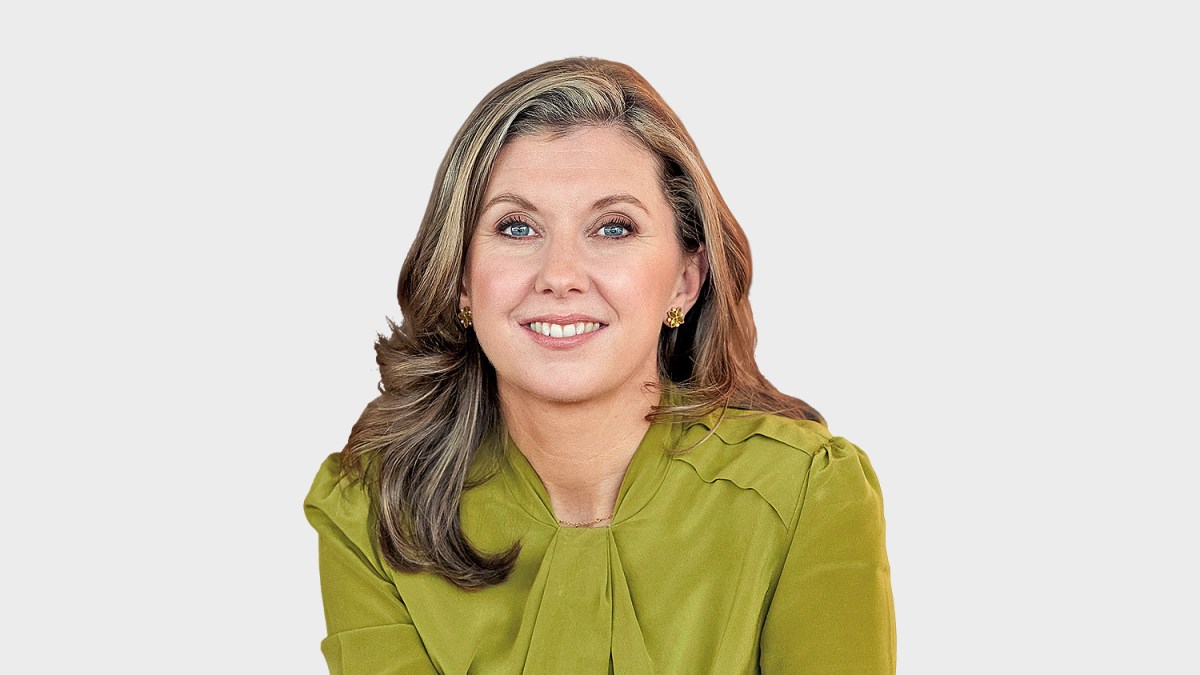There has been a significant change in the UK: households are saving more.
For decades UK households typically spent much of their disposable income. Now, however, we are saving more of our income than even our historically prudent neighbours in Germany. Yet these savings don’t seem to be helping our economy.
Usually savings provide the money for businesses to borrow, invest and grow. However, despite the increase in savings, UK investment remains dismally low. That, in turn, perpetuates our chronic problem of stagnant productivity.
• Savers are locking up their cash in bid to beat falling interest rates
To better understand what is happening, JP Morgan Asset Management commissioned a survey of the UK population to gauge today’s savings behaviour and found that households are strongly inclined to store their wealth in cash instead of investing it in things like stocks and bonds. When asked why, the reasons cited were fear of losing money and the belief that cash will deliver the best returns, even though history strongly speaks to the contrary.
For example, £1 saved at the start of the pandemic, if invested in a basket of global stocks, would now have a real value of £1.39. In contrast, if kept in a typically low-yielding savings account, it would now be worth only 91p in terms of the goods and services it can buy.
While households are pessimistic about investing in financial markets, they are much more optimistic on two other fronts. The first relates to expectations of the role that property can play in wealth accumulation, with property anticipated to deliver the best returns among all single assets. Given the experience of the last couple of decades, this is perhaps not surprising. Many generations have seen their parents’ home now worth multiples of what was originally paid for it.
However, it seems unrealistic to expect these kinds of gains in the future. After all, a house is only worth what someone can pay for it, and affordability today is untenably stretched. The government is intent on building more houses to improve affordability, which must mean reducing house prices relative to current earnings.
• We have £800k in pensions. Can we afford to stop saving?
The second area of optimism concerns the role the state will play in retirement. Younger generations are particularly optimistic, with 40 per cent expecting the state to be at least as generous as it is today in terms of pensions, health, and social care. This optimism is difficult to reconcile given the pressures on the government’s finances, which will only intensify as the population ages in the coming decades.
The survey also highlighted a lack of confidence in making savings decisions. Individuals rely more on family and friends for investment advice than any other source. Notably, a quarter of those aged 18-27 are relying on social media and “finfluencers” (financial infuencers).
Many are also delaying thinking about investing until later in life, when retirement appears on the horizon. Yet time is potentially one of the most powerful wealth-generating tools available to us due to the power of compounding returns. Based on our assumptions of likely asset returns, an individual who starts investing in stocks at the age of 25 would need to put £34,000 less into their investment pot to make £100,000 by the age of 67, compared with someone who holds off from investing until they are 50.
UK households have taken an important step for their futures by beginning to save more of their disposable income. However, with cost of living pressures still considerable and pressures on the state only likely to grow, it is imperative to ensure these savings are working hard if individuals want to be on track to achieve their desired retirement outcomes.
Instead, widespread misapprehensions are currently preventing savers from becoming investors. Recognising the benefits of informed risk-taking is essential if we are to achieve both comfortable retirements and a more vibrant economy in the decades ahead.
Karen Ward is chief market strategist for Europe, the Middle East and Africa at JP Morgan Asset Management
